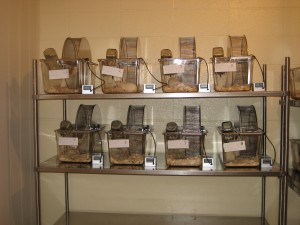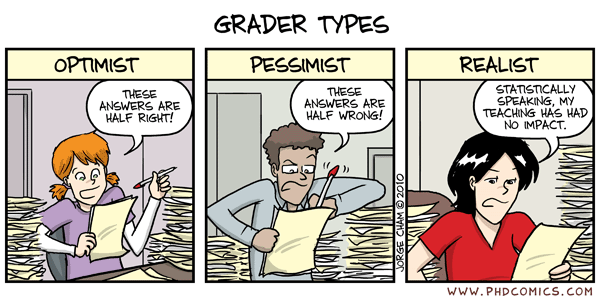The International Association for the Study of Pain (IASP) published a curriculum which is basically like the table of contents of a textbook plus a lot of references. One can read all the references cited and should be able to learn the objectives listed in the curriculum. Half of the chapter about Animal Models of Pain is about ethics. I was tempted to skip through it. I’m an ethical person, right? I know how the rats should be treated. But I wanted to be thorough.
I’m glad I did. First, I learned some important things about pain from one of the references. Second, it’s a deep topic and has given me a lot to think about.
What the public really needs to know about animal research is that there are stringent rules and lots of paperwork in place regulating it. I don’t recall my impressions when I learned all this as a new graduate student. I have observed undergraduates’ reactions as they, new to research, encountered the regulatory agencies and went through the training, and friends as I mention the paperwork involved. “I thought scientists could do whatever they wanted,” is common.
Before we can do an experiment on a single animal, everyone who will have anything to do with the animal must go through training. At ATSU, this is a generic video that could be used at any institution, and the director of the animal facility talks to the trainee about how we do things here.
An animal protocol describing everything that will be done to the animals, how many animals will be used, and many, many details must be filed and approved with the Institutional Animal Care and Use Committee (IACUC). The IACUC is made up of stakeholders within the university as well as outside, and includes one layperson. So the protocol must be written such that the layperson can understand the purpose of the research and the reason why animals must be used–not too much scientific jargon, in other words. You would be able to understand the IACUC protocols that I have written.
In this protocol the investigator must justify why animals have to be used and provide evidence of a literature search of at least 2 databases showing that there are no alternatives. We must justify the species & strain we have chosen, and the numbers of animals. We can’t just ask for 100 rats and say “I think I’ll only use 60, but I want to ask for 100 in case something goes wrong.” We have to specify what might go wrong and why we’d need another 40. (I typically request 10% more in case of unexpected death of an animal– although I have NEVER had 10% of my animals drop dead inexplicably! In fact it’s at most 2 or 3 rats a YEAR found dead, and I am almost always able to figure out why.)
Protocol approval is no rubber-stamp process. The veterinarian typically requests many changes and clarifications. It takes at least a month, up to a few months, to get approval.
Oh, all your animal care workers better be registered with Occupational Health and Safety Program. That’s not for the animals, on the surface it seems like it’s for the worker, but I think it’s actually to protect the institution from being sued by a worker. Working with rats, it is not a huge concern, the issue with rats is allergies and rat bites.
Approved protocol, trained personnel, finally we get to order some animals in. Once the rats arrive, the animal facility personnel put them in clean cages with food and water. Every day, including weekends & holidays, one of them visually inspects every single animal, and records the humidity and temperature of the room. I can do this as well if I like, but they have to inspect even if I already did that day. They make sure every cage has food and water and is clean. (Sometimes a water bottle leaks, for example.) If an animal appears sick, they notify the investigator and/or the veterinarian. Twice a year facility is swiped and bacterial cultures are grown to assess the cleanliness.
In some facilities, a “sentinel” animal is housed in the same room for a few weeks and then sent off for necropsy & pathology to check for infection. If one rat in the room is infected, every rat in that room has it. The animal facility at ATSU is relatively small and we don’t keep sentinels.
This is all standard to me, but people are usually somewhat surprised by how extensive these regulations are. I feel more than a small amount of pride in how well research animals are cared for. I know that food animals, the kind that end up in the grocery store (not the kind that come to the Farmer’s Market) aren’t treated nearly as well, which is scary since I’m going to be putting these things in my mouth! I’d almost rather eat rat-on-a-stick than supermarket chicken.
Stay tuned for further installments on this topic.

These lucky rats have running wheels. Rats LOVE to run!



